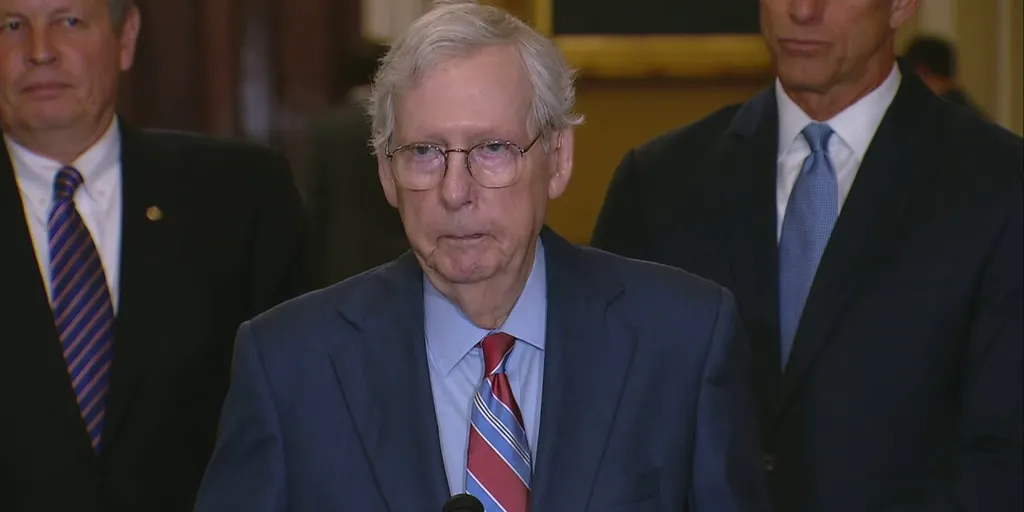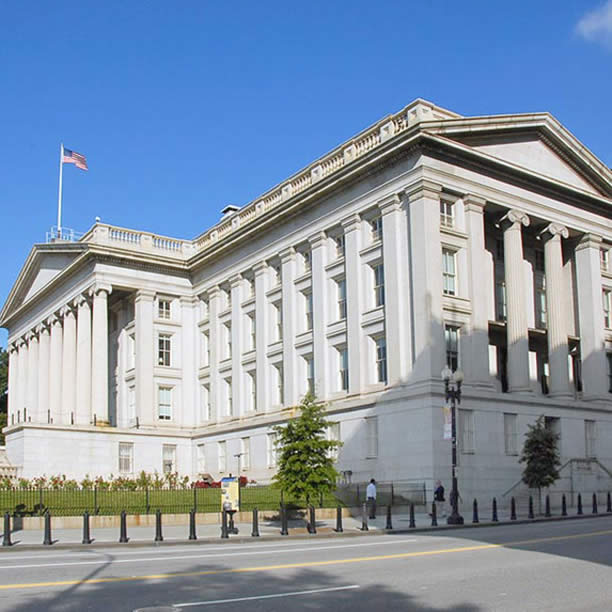The U.S. government is squandering over $3 trillion each year, neglecting essential services and citizen demands. With the federal statistical system operating with limited transparency and responsiveness, the gap between the government and the governed has never been wider.
Federal Spending Lacks Accountability
Each year, the federal government allocates trillions of dollars to various programs, but the efficiency of this spending is alarmingly questionable. According to the U.S. GAO, there is a pressing need to enhance federal programs through data and evidence. Yet, the lack of rigorous program evaluations means that the very citizens these funds aim to support are often left in the dark about where their money is going.
Statistical Agencies Operate in Silos
The federal statistical system is comprised of 13 principal statistical agencies, yet these institutions often operate in isolation. The National Center for Health Statistics emphasizes the importance of credible and timely data to guide public policy decisions, but without comprehensive integration of these statistics, states face significant information asymmetries. This fragmentation can lead to poorly informed policies that do not reflect the needs of constituents.
\n\n
McConnell freezes up during press conference, later says "I"m fine ...
State Policy Experimentation is Stifled
As states grapple with their own unique challenges, the lack of federal responsiveness hinders innovative policy solutions. A study published in the National Institutes of Health explores how institutional responsiveness to citizen preferences can shape state-level policies. Unfortunately, when federal institutions disregard local needs, states are left to navigate these complexities alone, often resorting to trial and error instead of data-driven solutions.
Historical Practices Shape Current Governance
The reliance on judicial and political precedents has profound implications for how laws are interpreted and enforced. As discussed in a piece on historical practices, the political branches have established long-standing precedents that can either enhance or obstruct democratic governance. This intricate web of historical context shapes current policy-making, often to the detriment of progressivism.
\n\n
Southeast Corner Treasury Building, Treasury and the Capitol ...
Corruption and Inefficiency Are Rampant
The U.S. Department of State has prioritized anti-corruption measures, recognizing that systemic inefficiencies allow criminality and terrorism to flourish. However, the government’s efforts remain lackluster in the face of overwhelming evidence that shows how corruption erodes public trust. As reported by the State Department, without real accountability and transparency, citizens are left vulnerable.
As the government continues to operate without adequate checks and balances, the voices of the people grow fainter. The alarming reality is that while our government directs trillions of dollars, it fails to address the pressing needs of its citizens, highlighting a fundamental disconnect that demands urgent action.

![[Video] Anti-ICE Protester Pepper Sprayed as CBP Agents Disperse Crowd in Minneapolis](/_next/image?url=%2Fapi%2Fimage%2Fthumbnails%2Fthumbnail-1768260677127-y71sb7-thumbnail.jpg&w=3840&q=75)

![[Video] Several injured as U-Haul truck drives through Iranian protestors in Los Angeles](/_next/image?url=%2Fapi%2Fimage%2Fthumbnails%2Fthumbnail-1768176682028-q95y6j-thumbnail.jpg&w=3840&q=75)
![[Video] Scuffle breaks out between Trump supporters and Anti-ICE protesters in Times Square](/_next/image?url=%2Fapi%2Fimage%2Fthumbnails%2Fthumbnail-1768165958203-hgcgb-thumbnail.jpg&w=3840&q=75)


![[Video] Gunfire between Iraqi security forces and Sadr militias in Baghdad](/_next/image?url=%2Fapi%2Fimage%2Fthumbnails%2Fthumbnail-1768343508874-4redb-thumbnail.jpg&w=3840&q=75)
